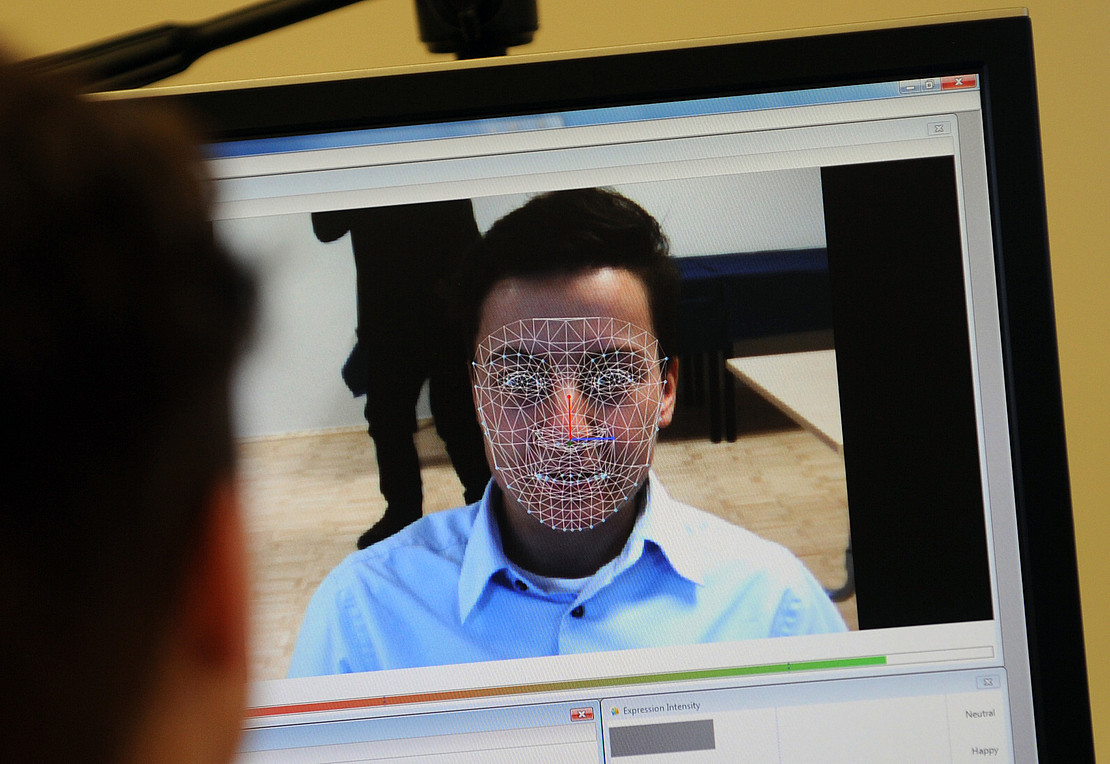This page contains automatically translated content.
How software can better represent reality
 Image: Uwe Zucchi dpa/lhe
Image: Uwe Zucchi dpa/lheBorn in Fritzlar, she has held a junior professorship for "Gender and Diversity in Information Systems" for just under two years. Her goal: software that is oriented toward the diverse needs of different user groups and contexts. "From everyday actions to political decisions, there are hardly any areas in which computer science systems don't play a role," she says. "That's why a society has to pay very close attention to which factors are taken into account - and which are not - when designing algorithms and developing software. Otherwise, the needs of some groups will be neglected."
If that's too abstract for you, she recounts an experience from her past in Bremen; she was a research assistant at the university there from 2011 to 2013. During that time, she says, her research group moved into a new building full of "smart" technology that controlled things like indoor climate and lighting automatically. But when they designed the smart-home technology, they forgot about the cleaning crew - "no one kept track of them because they always came at night. In the new building, the cleaning staff initially had to work in the dark and in the cold. The building simply wasn't set up for them." Another example: in software development for group processes, the communication and social tasks of secretaries and assistants are often forgotten because they don't sit in the planning rounds.
When Draude talks about applications, she often refers to "artifacts," like an archaeologist looking with fascination at an unearthed tool. "The more artifacts we send into the world, the more they change the world, the more important it becomes to have people who can read the code, relate it to reality, and question the underlying premises," she points out. Experts who understand computer science and are at the same time physicians or philosophers, biologists or educators; who do translation work on behalf of society in both directions, so that computer science better reflects society and at the same time society better understands how computer science works. She sees herself as such a translator, in her case for the areas of gender and diversity. Here, for example, she advocates including different user groups in tests in software development: "If facial recognition software only works on white skin, you know who developed and tested it."
Claude Draude (45) has a degree in cultural studies and sociology. She received her doctorate in media studies from the Ruhr University in Bochum. Since graduating, she has been working and researching at the interface of sociology and computer science; before her call to Kassel, she worked at the universities of Bremen, Braunschweig and Humboldt University in Berlin. In Kassel, she is a member of the board of directors of ITeG, the Scientific Center for Information Technology Design. One of her projects tests tools - checklists, questionnaires, best practices - for developing diversity-sensitive smart-home technology; another dives into the algorithms of learning machines to determine the impact of certain premises on different social groups. Germany and across Europe now have a number of such "translation" professorships; however, in terms of gender and diversity, Draude's professorship is somewhat exceptional. Draude: "In the human-machine relationship, we often better understand what the machine is and what it can do. Who the person is on the other side - a man, a woman, a senior, a child - we often don't really know.